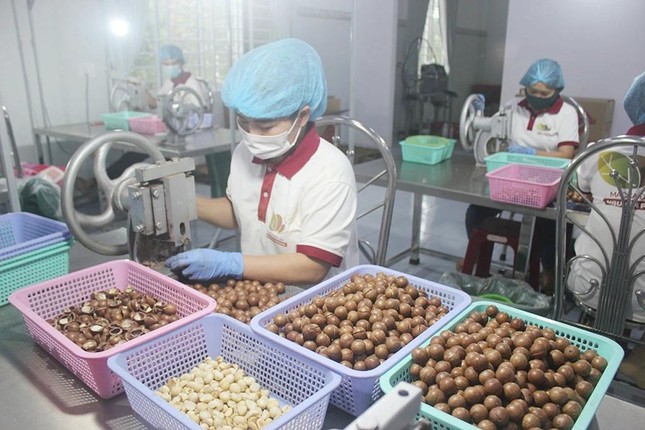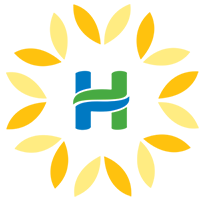Agricultures, Foods, News & Event
UK tightens regulations on active ingredient residues in many imported agricultural products
TPO – Many countries have just adjusted the maximum residue level of some pesticides in some agricultural products. In particular, the UK market has increased from 3.5 to 600 times depending on the product group. Vietnamese enterprises need to carefully study before exporting to avoid the situation of returned goods, which is both harmful and affects the reputation of Vietnamese agricultural products.
Increased from 3.5 to 600 times depending on the group
According to the Center for Industry and Trade Information – Ministry of Industry and Trade, the UK is one of the major export markets for agricultural products and food of Vietnam and has been growing strongly. However, the UK has just announced to the WTO about its plan to increase the maximum residue level (MRL) for some active ingredients in imported agricultural products.
Accordingly, the maximum residue level for the active ingredient fludioxonil (found in fungicides) has been adjusted by the UK to increase from 3.5 to 600 times depending on the product group. For nuts such as almonds, cashews, chestnuts, pistachios, macadamia nuts, walnuts… the MRL is increased from 0.01 mg/kg to 0.3 mg/kg; mangoes increase the MRL from 2 mg/kg to 7mg/kg; papayas increase the MRL from 0.01 mg/kg to 6 mg/kg.
This country also tripled the maximum residue level of isotianil (a plant defense agent) in grapefruit, orange, lemon, tangerine,… products.

In addition, the European Commission announced additional regulations related to undecafluorohexanoic acid (PFHxA), salts and substances related to PFHxA. This regulation places restrictions on this PFAS in many different products such as: Textiles, footwear, food packaging, fire-fighting foam, etc. Accordingly, PFHxA and products containing this substance (including textiles and footwear) will be banned in Europe.
Need to carefully study food safety criteria
Ms. Nguyen Thi Hoang Thuy – Director, Head of the Vietnam Trade Office in Sweden concurrently in Northern Europe – said that the consumption trend in Europe is shifting strongly towards organic, environmentally friendly and sustainable products.
To maintain export growth to this market, in addition to quality and price factors, Vietnamese enterprises need to research, grasp market demand, invest in improving production processes, especially meeting increasingly strict and constantly changing technical standards.
In an interview with Tien Phong reporter, the leader of the National Information and Enquiry Point for Epidemiology and Animal and Plant Quarantine of Vietnam (SPS Vietnam) – said that he had just received warnings from some WTO members about Vietnamese enterprises not complying with import regulations and procedures; recommendations from enterprises regarding regulations and procedures for exporting and importing agricultural products and food. Therefore, goods may be stored at the border gate pending processing, return, confiscation or destruction depending on the regulations of each market. This causes economic damage to enterprises and affects the reputation of Vietnamese agricultural products.
“The verification results show that the main reason is that businesses have not complied with food safety and animal and plant disease safety (SPS) measures or procedures for exporting and importing agricultural products and food,” said the Vietnam SPS Office.
With the UK market increasing the MRL of some active ingredients many times, the leader of the Vietnam SPS Office assessed that the food safety standards of this country are very high and strict.
To avoid risks for businesses and affect the reputation of Vietnamese agricultural products, the leader of the Vietnam SPS Office recommends that businesses need to study the regulations on food safety; food additives, packaging materials, packaging labels; regulations on disease safety (quarantine subjects); related certificates and documents before exporting.
“Producers need to comply with and update the regulations of the UK and other countries on controlling pesticides, especially strictly following the “4 rights” rule – using the right pesticide, at the right time, in the right dose – concentration and in the right way. In particular, it is necessary to ensure that there are no pesticide residues left from the quarantine period until harvest, ensuring the safe and effective use of pesticides,” the leader of the SPS Vietnam office recommended.

